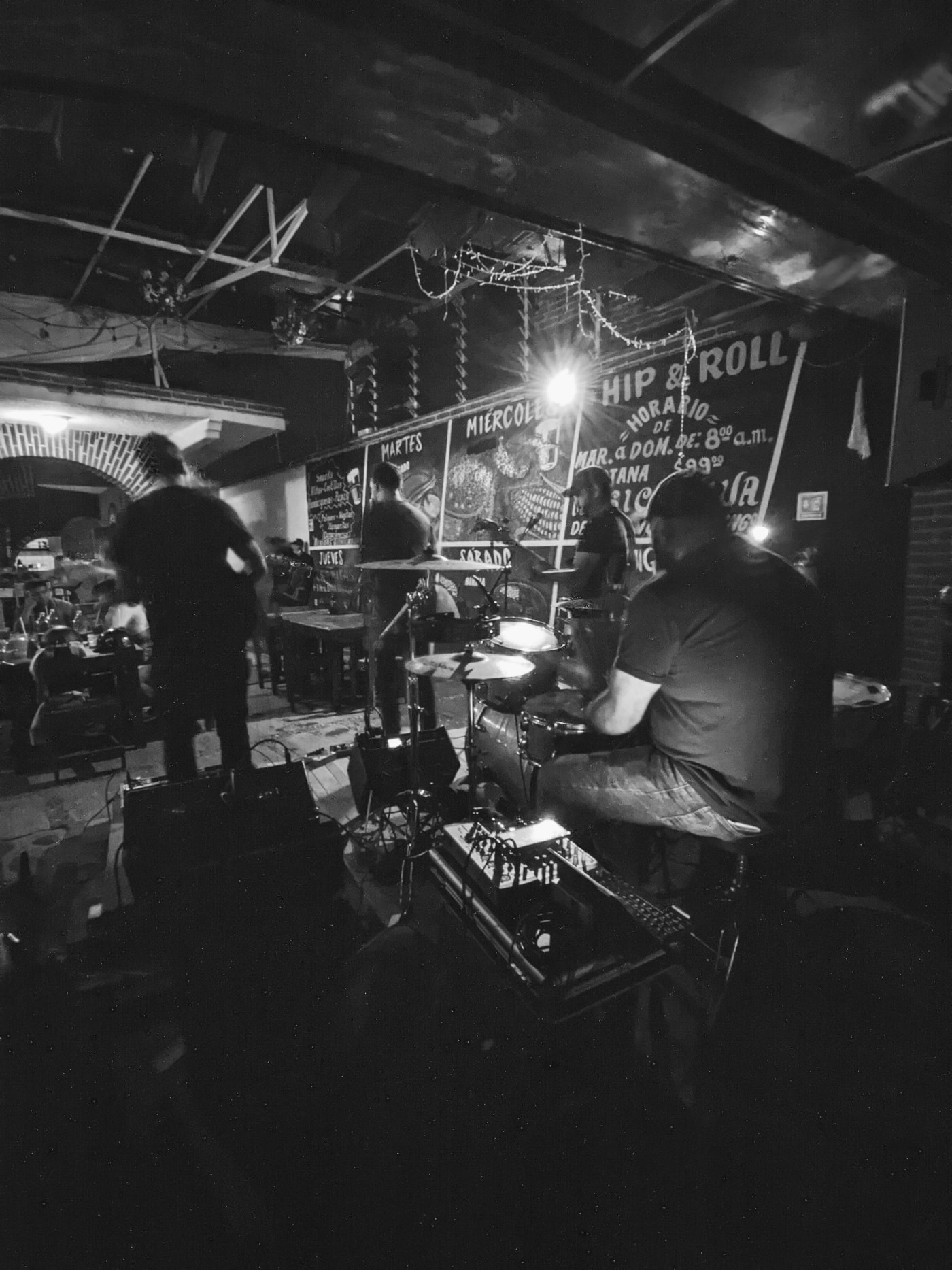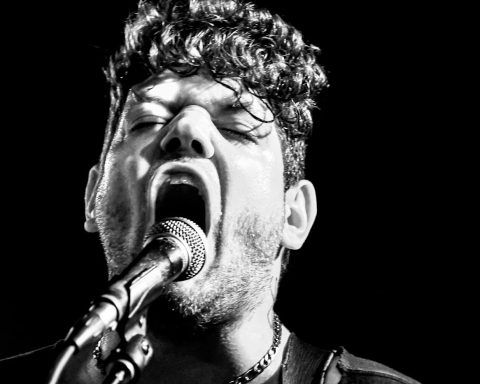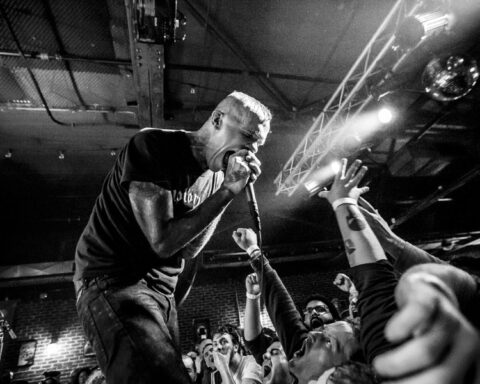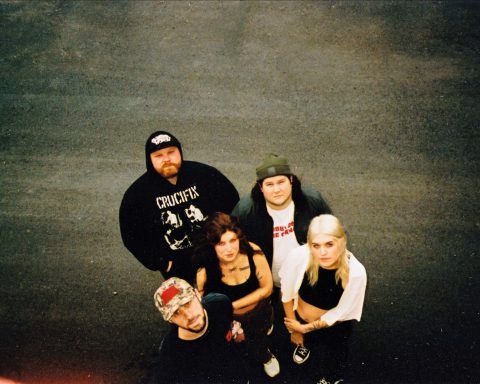Music is a rapidly changing industry, with digitalization seeping into every nook and corner of the field. If you look into how people are consuming music nowadays, you will notice that streaming is taking over a large portion. With platforms like Spotify and SoundCloud becoming more popular, people are turning towards digital mediums to listen to their favorite albums.
Even with these convenient mediums, live shows and tours still rake in billions of dollars every year. Music tours and live concerts are one of the biggest contributors to an artist’s income. Digitalization isn’t stopping people from going to live music shows. Fans come out in hordes to watch their favorite artists perform live.
With such steady popularity, have you ever wondered about the immense effort that goes into putting together a complete tour with all the necessary accessories and proper logistics? Keep reading to find out all that is needed to go on tours to present live music shows.
The Initial Planning Phase
Setting out on a tour around the country or the world is very time-consuming and takes hard work. You can’t just whip out a mic and start singing. There are so many decisions that need to be made, such as the optimal time of the year for touring, what team to put together to tour with, all the equipment, accommodation, food, venues, and the ways to make money from touring, and so much more.
With live music shows, a lot is at stake as the profits depend on how many people show up most of the time. There are other ways to maximize earnings, but people paying to watch the artist is the central way of making money.
All music tours start with the planning phase. Other than all the technical decisions, the question of which artist should be the primary singer of the tour is also essential. After all the decisions have been made, tasks assigned, and the team gathered, it is now time to put on a show.
The Concert Crew – Who Is Involved in Booking a Live Show?
Several people work behind the scenes to make the tours and live shows a reality. The exact number and how large a team is depends on the show. If a very popular artist is performing, and there is a huge crowd expected to attend the tour, more people will be needed to handle everything.
While the number of people varies with the type of show, few key designations are almost always present in any music show team. They carry the show upward and forward. Let’s take a look at who they are.
Booking Agents
In most cases, booking agents represent the artists. These booking agents are people who negotiate the deal of the whole tour and all the shows with the talent agencies that want to hire the artist to perform.
The talent agencies may look for a celebrity contact information database, like Booking Agent Info, through various sources and approach them to hire the artist they represent for a live show tour. The agent will then negotiate details such as the venue, time, payment for the artist, and more. It is often the booking agent that works with promoters and tour managers to make sure all the details are correct and appropriate.
These details may look simple to handle, but it is extremely high-pressure work, especially because all the work needs to be pre-booked at least 6-8 months in advance.
Celebrities and Managers
Artists are the central attraction of any music show and the reason most people would pay hundreds for a ticket just to go out and watch their favorite celebrity singer live.
No matter how pro a musician is, they still need a lot of training and practice before going in front of a live audience. The music, choreography, instruments, singing, and performance all need to be coordinated and in sync.
Most artists have managers or assistants to look after their routine tasks. They can range from booking local gigs and arranging meetings to getting in touch with the booking agent about live shows. Without their managers, most artists would be lost.
Advertisers and Promoters
Live shows and tours would fall flat if there isn’t enough appropriate promotion to attract large crowds. Advertising and selling to the audience are not the only things a promoter does. A tour promoter can work from either side of the show – the artist’s side or with the people arranging the show. Their main task is to bridge the gap between artists and companies arranging tours. Promoters fund the tours by buying the shows.
If the tour promoter is working from the side of the artist, they would pay for the arrangements, rehearsals, audiovisuals, production, equipment, and more stuff until the artist is ready to perform on the live stage. They would then work with the booking agents to rent venues and sell to local promoters.
Local promoters take the show and spread it in the locale. They are usually owners and directors of the venue or some popular clubs where music shows are conducted. Exclusive promotions might be put together if tours involve high-level artists, but that happens rarely.

Technical Staff
Touring involves extensive technical tasks. The technicalities get more intense as the tour shifts from country-wide to international tours. The whole team needs to be carried from one point to another for days, and the artist must be kept in top health and in a happy mood to perform in a never-ending number of shows.
The logistical requirements must be very detailed and met, so the team could reach their destinations on time without interruptions and delays.
Tour Managers
Tour managers are people who run the technical staff and manage the tasks of the technical crew. For a live show to come together, the lights, stage, speakers, sound effects, equipment, instruments, wiring, and more stuff need to be taken care of before the artist can perform. Tour managers make sure all of this gets done.
Working Out the Concert Tour Schedule
The schedule of the tour depends on the location of the tour. If the tour is within a country, the routes will need to be mapped out in a way that makes sense, like moving forward by touring adjacent cities. For international tours, the schedule would be a lot more complex and extensive.
Scheduling involves several tasks, and there are more things to take care of than just counting the days for the artist’s performance. The time for setting up the venue, promotions, interviews, and more need to be incorporated into the schedule.
There should also be considerations for any delays like bad weather or issues with the venue, in which case the live show might have to be moved to a different location or canceled altogether.
Cross-Country Touring
One of the more complex issues while on tour is traveling and reaching the destination. Several forms of transport could be used for this purpose. The form of transport used for cross-country tours will differ from those of international tours.
A tour van is affordable and convenient, but there are limited facilities such as sleeping space. There is the option to use a tour bus when there is a good budget available, a large crew at hand, and the show for a large audience. It can be affordable and efficient as a tour bus has more amenities. It might sometimes even have luxury perks like game consoles.
With tour buses, there might be issues with parking space and the fact that crew members will have different schedules of sleep.
Overseas Touring
For overseas touring, the obvious choice is an airplane. Often, it can be the only choice. It can be a bit more expensive, and there can be time delays due to lost luggage, etc. But this is the most efficient option for international tours. Another option for overseas touring is the cruise ship. However, it has its downside in terms of factors like inefficiency and time constraints.
Logistics of the Tour
When the stakes are high, and thousands of people are coming out to watch the show, a single mistake can take the showdown and create bad press. To avoid delays, interruptions, bad audiovisuals, and more deviations, the logistics of the music tour should be in perfect shape.
This usually includes making sure all the required tools and equipment reach the destination on time. It also includes planning the best route for traveling, mapping out the route of the tour, and deciding on what kind of transport will be better for the tour.
The Money Factor
The foremost reason why tours are held is money. There can be several ways to make money on a music tour, and the managers need to decide on the financial situation for the tour. The money can come in via selling tickets, donations, selling brand merchandise, fees for the venue, and more ways.
Conclusion
Live shows, tours, and music concerts form the major chunk of an artist’s income. While it is certainly a hectic task to arrange an entire tour, it can be one of the most fun experiences ever with the right people and the right tools. A music tour can be arranged by getting in contact with the booking agent of the artist to see if the musician and the team are available.
The combination of lights, music, sparkle, and fun in a live music tour will be an unmatchable experience in your life.














